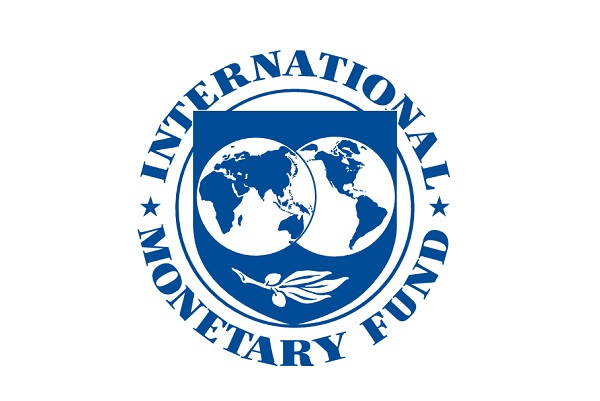 Credit: IMF
Credit: IMF
The International Monetary Fund (IMF) has published its final report following its mission to Luxembourg in March 2022 as part of the institution's annual Article IV consultations.
In this report, according to Luxembourg's Ministry of Finance, the IMF has taken a generally positive view of the country's economic and budgetary situation after two years marked by the COVID-19 pandemic, while highlighting the risks stemming from the war in Ukraine.
Yuriko Backes, Luxembourg's Minister of Finance, commented: "I was delighted to be able to welcome IMF teams to Luxembourg in March for the first face-to-face discussions in two years". She continued: "I note with satisfaction the favourable conclusions contained in this new report on the economic development of Luxembourg during the pandemic". The report specifically notes the government's support for households and businesses throughout the health crisis.
The IMF has also confirmed the resilience of Luxembourg's financial sector, which has contributed to the country's rapid recovery from the pandemic and which continues to show solid capital and liquidity margins.
Owing to stable fundamentals, Luxembourg's economic growth is expected to remain positive, although at a slower pace of around 2% in 2022 and 2023, according to the IMF. As in other countries, Russia's war of aggression against Ukraine and the resulting inflationary pressures have started to weigh on economic confidence. Coupled with potential labour shortages and persistent bottlenecks in the supply chain, these factors could dampen the country's growth prospects in the near term, the IMF warned.
In this context, the Washington-based institution welcomed the government's support packages (e.g. "Energiedësch" and "Solidaritéitspak") containing temporary measures to protect consumers' purchasing power and support the companies most affected. On this subject, the IMF wrote: "The measures of the authorities aimed at supporting the households and companies concerned and at promoting the green transition as well as the tripartite decision to limit the automatic indexation of wages to once a year for 2022-2023 are welcome". The IMF also recommended a gradual normalisation of fiscal policy, once the effects of the war have dissipated.
In line with the Luxembourg Government's long-standing political priorities, the IMF further recommended continuing to address structural challenges, such as housing as well as the ecological and digital transition.
Measures to increase the supply of social and affordable housing, as well as government plans to tax unused land and vacant housing, were welcomed in the report. The IMF noted that they should be integrated in a multidimensional approach. Regarding the government's ambitious climate programme, the IMF highlighted Luxembourg's leadership in sustainable finance. Given that the acceleration of digitalisation and automation during the pandemic could have adverse effects on some workers, the IMF also noted the importance placed by the government on reskilling / upskilling, as well as investment in digital education.
The Article IV consultations are an annual exercise in monitoring the economic, fiscal and financial policies of IMF member countries. The IMF Executive Board adopted this year's report for Luxembourg on 27 May 2022. The full report (in English) can be downloaded from https://www.imf.org/en/Publications/CR/Issues/2022/06/02/Luxembourg-Selected-Issues-518544








